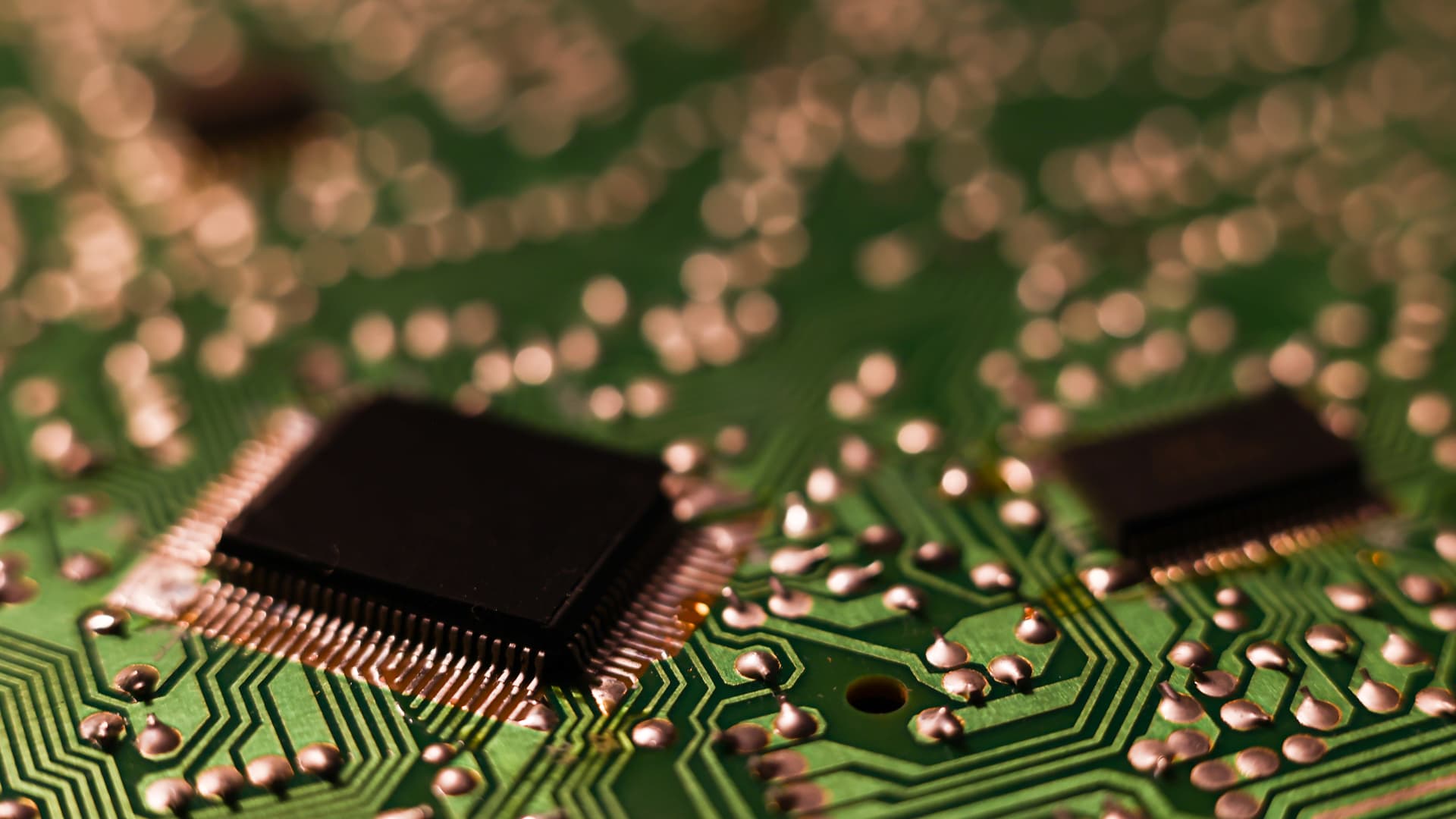Wharton professor and renowned economist Jeremy Siegel is bullish on a Big Tech boom fueled by artificial intelligence despite concerns of a bubble.
An AI chip craze, driven by demand for AI-powered chatbots and high-powered graphics processing units — used to train such chatbots on supercomputers — has seen investors piling into certain stocks with some raising concerns of a bubble.
related investing news
“It’s not a bubble yet,” said Siegel, Russell E. Palmer professor of finance at the Wharton School at The University of Pennsylvania, on CNBC’s “Street Signs Asia” Monday. He noted that he has been getting questions around whether it would lead to a repeat of the dot-com bubble in the late 1990s.
Economist David Rosenberg, known for his contrarian views, had predicted that the current AI boom could collapse like late 1990s dot-com stocks. The dotcom bubble burst when capital dried up after a massive adoption of the internet and a proliferation of available venture capital into internet-based companies, especially startups that had no track record of success.
“First, there was excitement about AI and Nvidia ratified that excitement with blowout earnings. That’s a double push,” said Siegel.
Shares of Nvidia rallied 24% on Thursday after the firm posted better-than-expected top and bottom lines in the recent quarter, reaching an all-time high on the back of exploding demand for Nvidia chips used in AI. The rally brought the chip maker’s market capitalization to nearly $1 trillion.
Nvidia CEO Jensen Huang said during the earnings call that the company was seeing “surging demand” for its data center products. Nvidia shares are up 166% year-to-date.
“[In the] long term I would say that [Nvidia shares] were probably slightly overvalued. But for the short term, we know momentum can carry stocks far higher than their fundamental value, and no one can predict how high they might go,” said Siegel.
On Sunday, Nvidia announced a new class of large-memory AI supercomputer created to enable the development of giant, next-generation models for generative AI language applications. The supercomputer powered by Nvidia GH200 Grace Hopper Superchip is expected to provide nearly 500 times more memory than the previous generation Nvidia DGX A100 — which was introduced in 2020.
“Generative AI, large language models and recommender systems are the digital engines of the modern economy,” said Huang, in the press release. “DGX GH200 AI supercomputers integrate Nvidia’s most advanced accelerated computing and networking technologies to expand the frontier of AI.”
Wharton’s Siegel said that AI stocks have helped lift the S&P 500 and that it could become “a winner from the banking crisis.”
“As we all know that the top eight or nine companies have accounted for all the gains of the S&P 500. This year, the other 490 have been flat or down. Yes, [the] Nasdaq was oversold in 2022 and it did bounce back but I think AI has pushed those big cap tech stocks even higher,” said Siegel.
“Remember big cap stocks of any sort, whether they’re tech or not, don’t have to worry about the credit conditions. Yes, they have to worry about interest rates to be sure. The credit conditions are going to affect the small and mid size [companies],” said Siegel.
“The S&P could actually become a winner from the banking crisis.”


